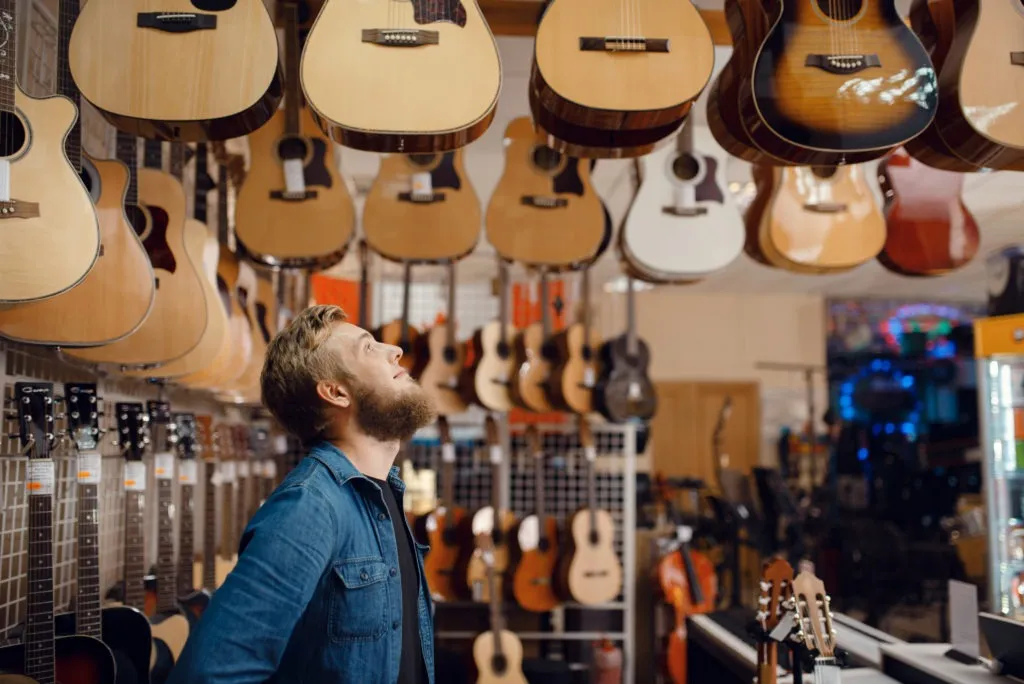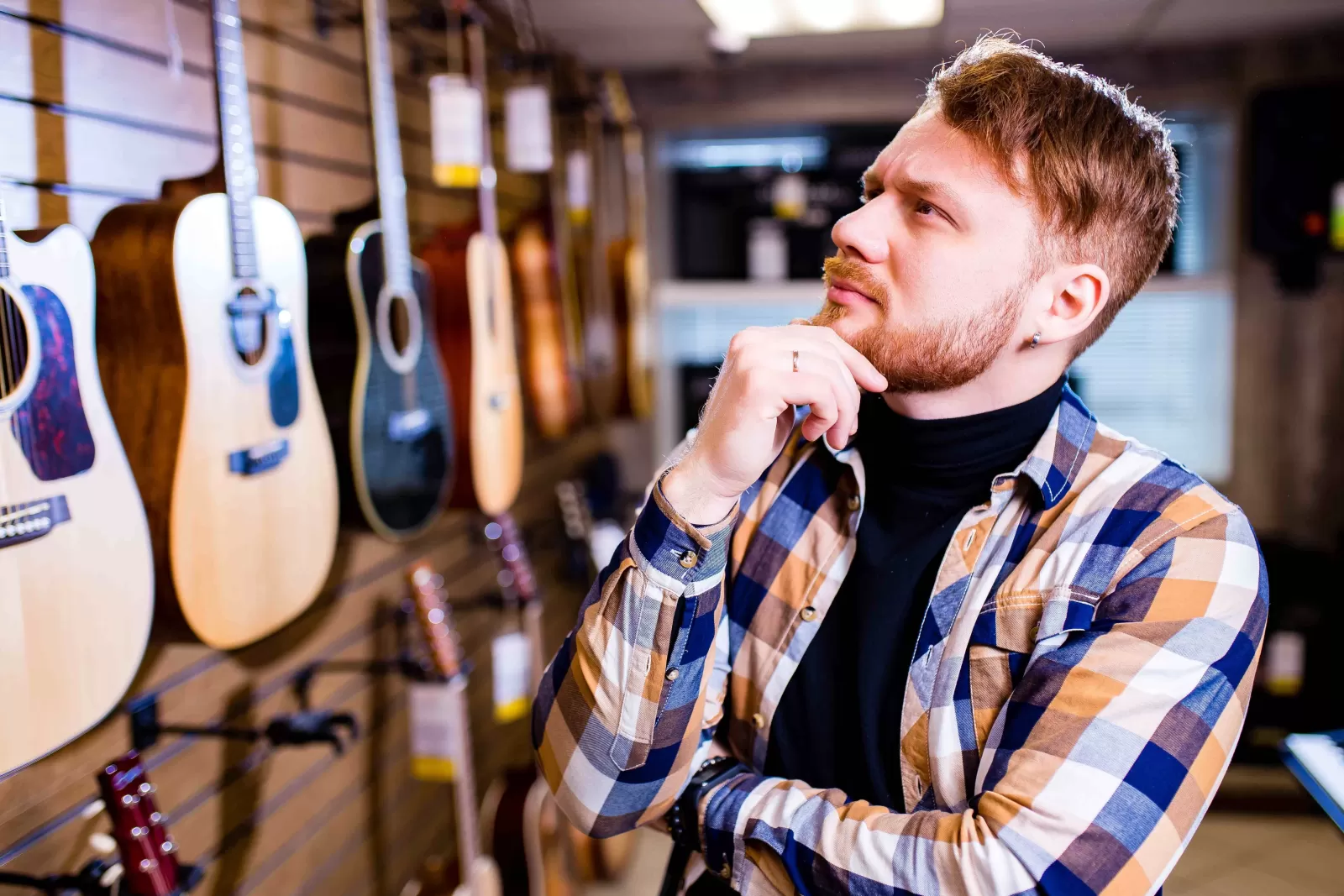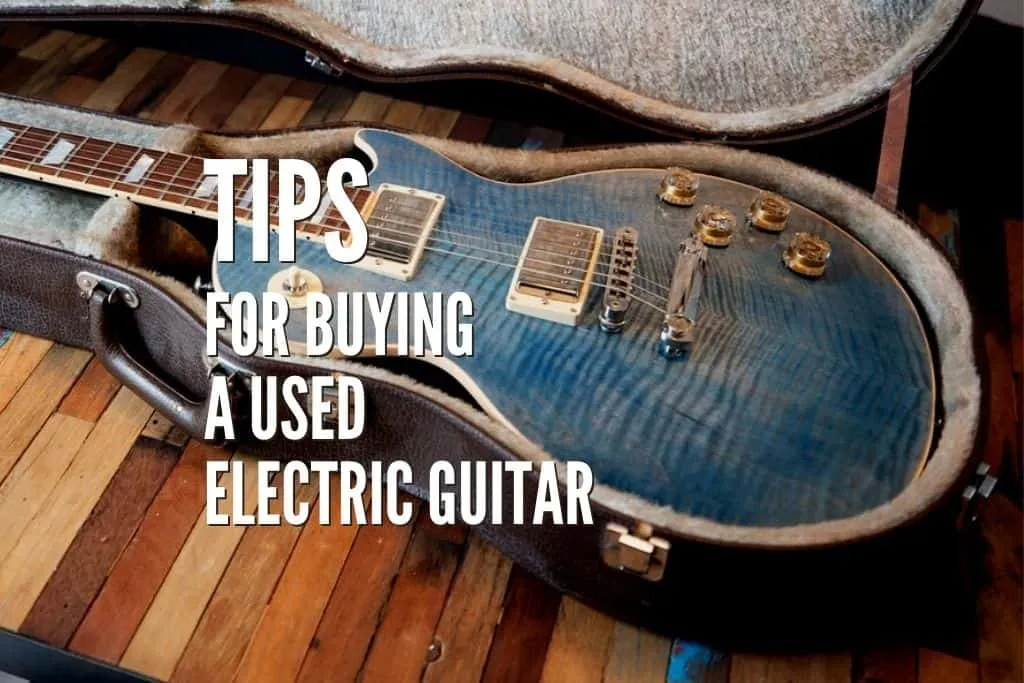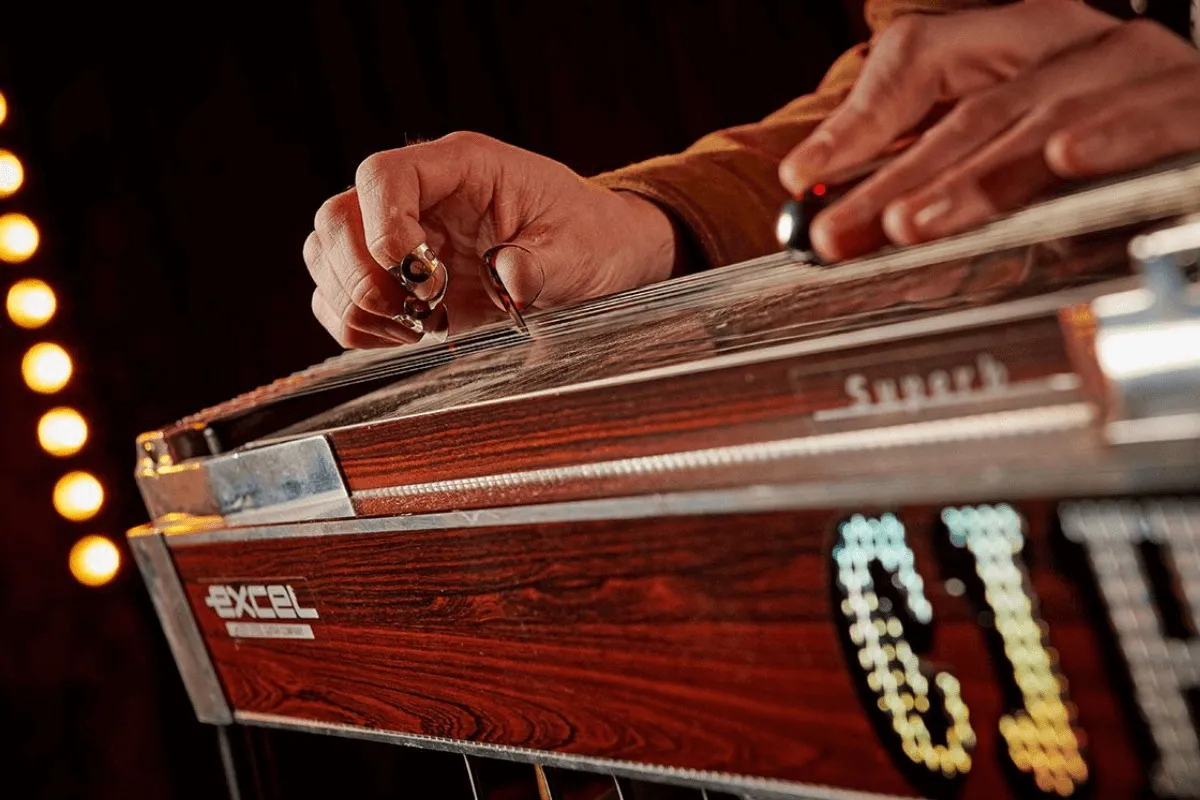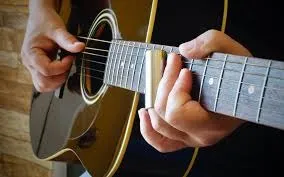Are you in the market for a used musical instrument? Do you want to make sure you're getting a quality instrument that meets your needs without breaking the bank? Look no further! In this article, we will provide you with expert tips and advice on how to navigate the world of buying used musical instruments.
When it comes to purchasing a pre-owned instrument, knowledge is power. You need to be armed with information about the instrument's value and market prices so that you can make an informed decision.
Additionally, inspecting the instrument for condition and playability is crucial; after all, what good is an instrument if it doesn't function properly?
But it doesn't stop there! Testing the instrument's sound and functionality is equally important. You want an instrument that not only looks good but also sounds great. And don't forget to check for any potential issues or repairs needed - nobody wants unexpected surprises down the road.
Finally, always purchase from a reputable seller or retailer to ensure a smooth transaction. So get ready to embark on your used musical instrument-buying journey armed with these valuable tips!
#1. Research the Instrument's Value and Market Prices
Before you make a purchase, it's important to research the value and market prices of the used musical instrument you're interested in. Conducting a thorough value assessment will give you an idea of what similar instruments are currently selling for, allowing you to negotiate prices effectively.
Start by checking online marketplaces, music stores, and classified ads to gather information on pricing trends. Compare different listings to get a sense of the instrument's average value. Additionally, consider factors such as brand reputation, age, condition, and any unique features that may affect its worth.
Armed with this knowledge, you'll be better equipped to negotiate a fair price with the seller. Once you've completed your research on value assessment and negotiation tactics, it's time to move on to inspecting the instrument for condition and playability.
#2. Inspect the Instrument for Condition and Playability
When inspecting a used instrument, make sure to check for any visible damage or signs of wear. Look closely at the body, neck, and fretboard for any cracks, dents, or scratches. Pay attention to the condition of the strings and ensure they're not rusted or frayed. Check if all the keys or tuning pegs are functioning properly and if there are any loose screws or parts.
Additionally, examine the instrument's playability by testing each note on different octaves to ensure consistent sound quality. As you inspect the instrument's condition and playability, keep in mind some maintenance tips for keeping a used instrument in top condition, such as cleaning it regularly and storing it properly. Also, consider how to negotiate the price when buying a used musical instrument based on its condition and market value.
Transitioning into testing the instrument's sound and functionality next...
#3. Test the Instrument's Sound and Functionality
To ensure the instrument meets your standards, test its sound and functionality by playing various notes and checking if all the keys or tuning pegs are responsive.
Start by testing each note on the instrument to make sure it produces a clear and accurate sound. Pay attention to any buzzing, rattling, or muffled tones that could indicate potential problems.
Next, check the functionality of all the keys or tuning pegs. Press each key down firmly to ensure they don't stick or feel loose.
For string instruments, tune each string and listen for any unusual sounds or vibrations when played.
These testing methods will help you determine if the instrument is in good working condition and worth purchasing. Once you've tested its sound and functionality, you can then proceed to check for any potential issues or repairs needed in order to find a good deal on a used musical instrument.
#4. Check for Any Potential Issues or Repairs Needed
Make sure you thoroughly inspect the instrument for any potential issues or repairs that may be needed in order to ensure a smooth and enjoyable playing experience. Expert advice on buying used musical instruments suggests paying attention to the following:
• Look for any visible damage such as cracks, dents, or scratches that could affect the instrument's sound quality or structural integrity.
• Test all the keys, buttons, strings, or other components to make sure they're functioning properly. Check for any sticking keys or loose parts that may need repair.
• Examine the instrument's overall condition including its finish, hardware, and accessories.
When negotiating the price of a used musical instrument, being aware of any necessary repairs can give you leverage. Highlighting these issues during negotiations can help you secure a better deal.
Moving forward into purchasing from a reputable seller or retailer ensures peace of mind and guarantees a reliable transaction.
#5. Purchase from a Reputable Seller or Retailer
Source: Youtube
It's important to purchase from a reputable seller or retailer in order to ensure a reliable transaction and peace of mind. When buying a used musical instrument, checking the seller's reputation is crucial. Look for sellers with positive reviews and ratings, as this indicates that other buyers have had satisfactory experiences.
Buying from a well-known retailer also offers several benefits. Firstly, these retailers often have strict quality control measures in place, ensuring that the instruments they sell are in good condition. They may even offer warranties or guarantees on their used instruments, providing added protection for your investment. Additionally, purchasing from a well-known retailer gives you access to knowledgeable staff who can provide guidance and answer any questions you may have about the instrument you're interested in.
So remember, when buying a used musical instrument, choose a reputable seller or retailer for a smoother and more secure transaction.
Conclusion
So there you have it, fellow music lovers. As you embark on your journey to find the perfect used musical instrument, remember these tips and tricks.
Just like a skilled conductor leading an orchestra to harmonious melodies, conducting thorough research and careful inspections will ensure that you find a gem amongst the crowd.
Don't be afraid to test the instrument's sound and functionality, ensuring every note resonates with your soul.
And above all, trust in reputable sellers or retailers who can guide you towards finding your perfect musical companion.
If you're interested in this post, visit Meme Funny to keep up with the latest Music news.
Maybe you are interested:

Top 5 Best Musical Instruments For Beginners

5 Of The Best Easy Popular Songs To Learn On Piano In 2023
